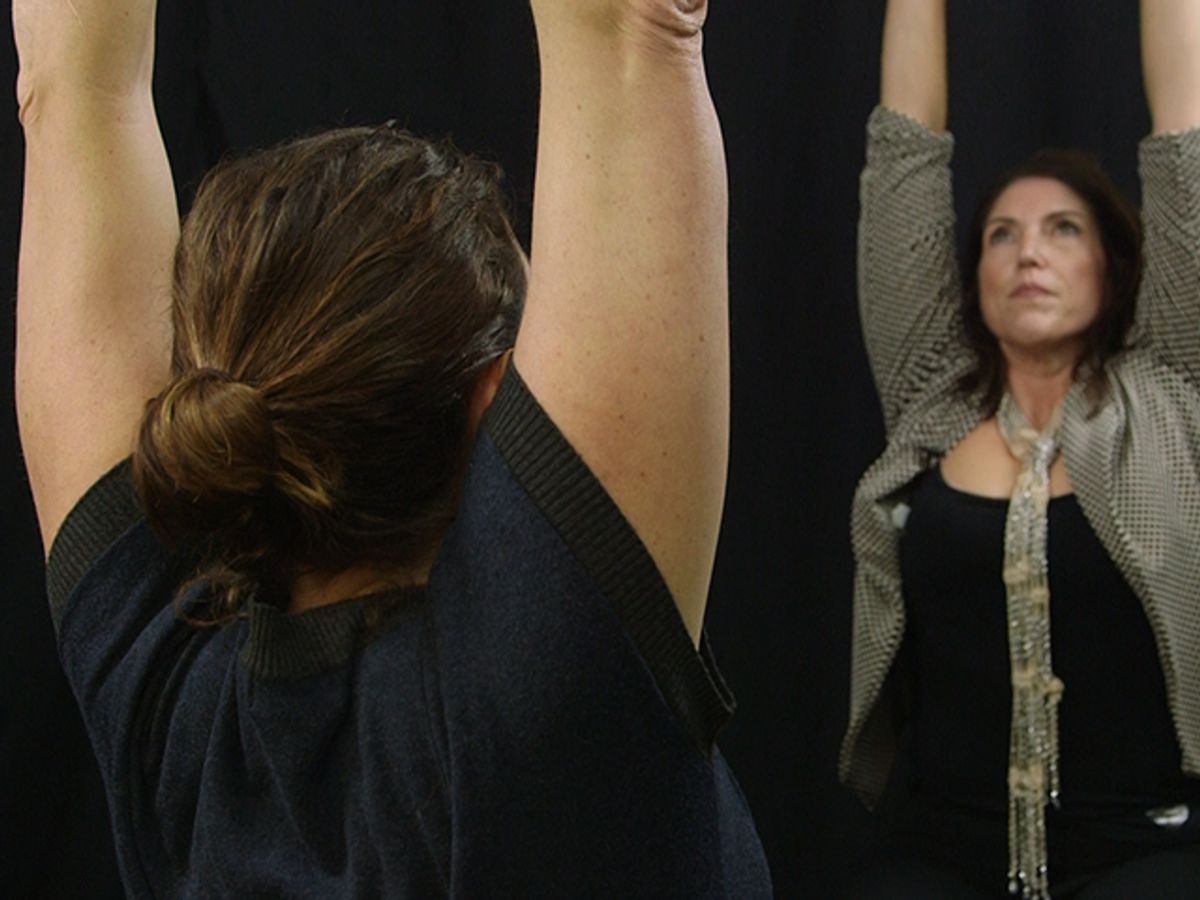“The human body is well adapted to deal with short-term stress, but if it remains on high alert for an extended period of time, you can grow vulnerable to some serious health problems,” said Dawn Lorentz, founder of corporate wellness company Self Reboot. Lorentz helps employees learn stress reduction techniques to help boost productivity and lower health care costs to employers. As deadlines draw near and pressure to excel increases, stress builds and unchecked, the body and mind start to break down.
“Where do you hold stress in your body?” asks Lorentz, leading me through a series of breathing exercises, shoulder rolls and arm movements in a chair — which are designed to be done in one’s office during prescribed five-minute breaks. The holistic self-care advocate told me that taking short breaks during workdays are good news for workers and employers. Studies show decreased medical costs, less absenteeism, and an increase in productivity in workers who take measures to reduce stress daily during the workday.
Lorentz’s top tips for stressing less and savoring more of your life in 2017? First, get up and move. “Our bodies were made to move, not to sit at a desk for eight hours,” she said. Try a 30-minute walk between meetings on a lunch break, or take a yoga or spin class. Even basic stretching at your desk, like breathing while reaching for the ceiling, then exhaling, is helpful.
Second, check in on your emotional wellness. “Having an optimistic approach to life and accepting things you can’t change is hard at times, but employing the six Happiness Habits recommended by therapists is a methodology for change.” Having gratitude daily, practicing self love and care, making sure your basic needs are met, being kind to others, and meditating are among those practices.
And finally, be attentive to your nutritional wellness. “Eat foods closest to their natural form, like vegetables, fruits, whole grains, nuts and legumes,” said Lorentz. “Stay clear of processed foods or foods high in sugar.”
Also, Lorentz suggests keeping a “basic needs” weekly journal early in 2017 and beyond, in which you address what you eat and when you eat it, how much sleep you get, whether you exercise or not daily, how much water you drink, and if you have practiced mindfulness. “After a week of keeping an honest journal of your basic needs," she said, it's easy to start making proactive changes towards better health and reduced stress and anxiety.
Follow these links if interested in trying a free guided meditation or chair yoga session.



Shares